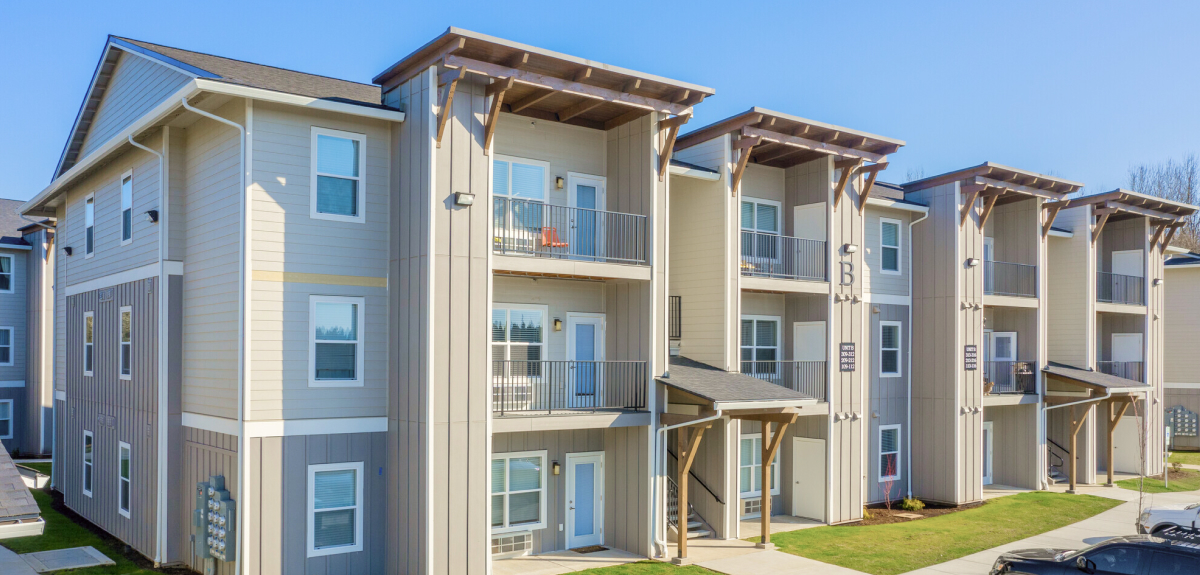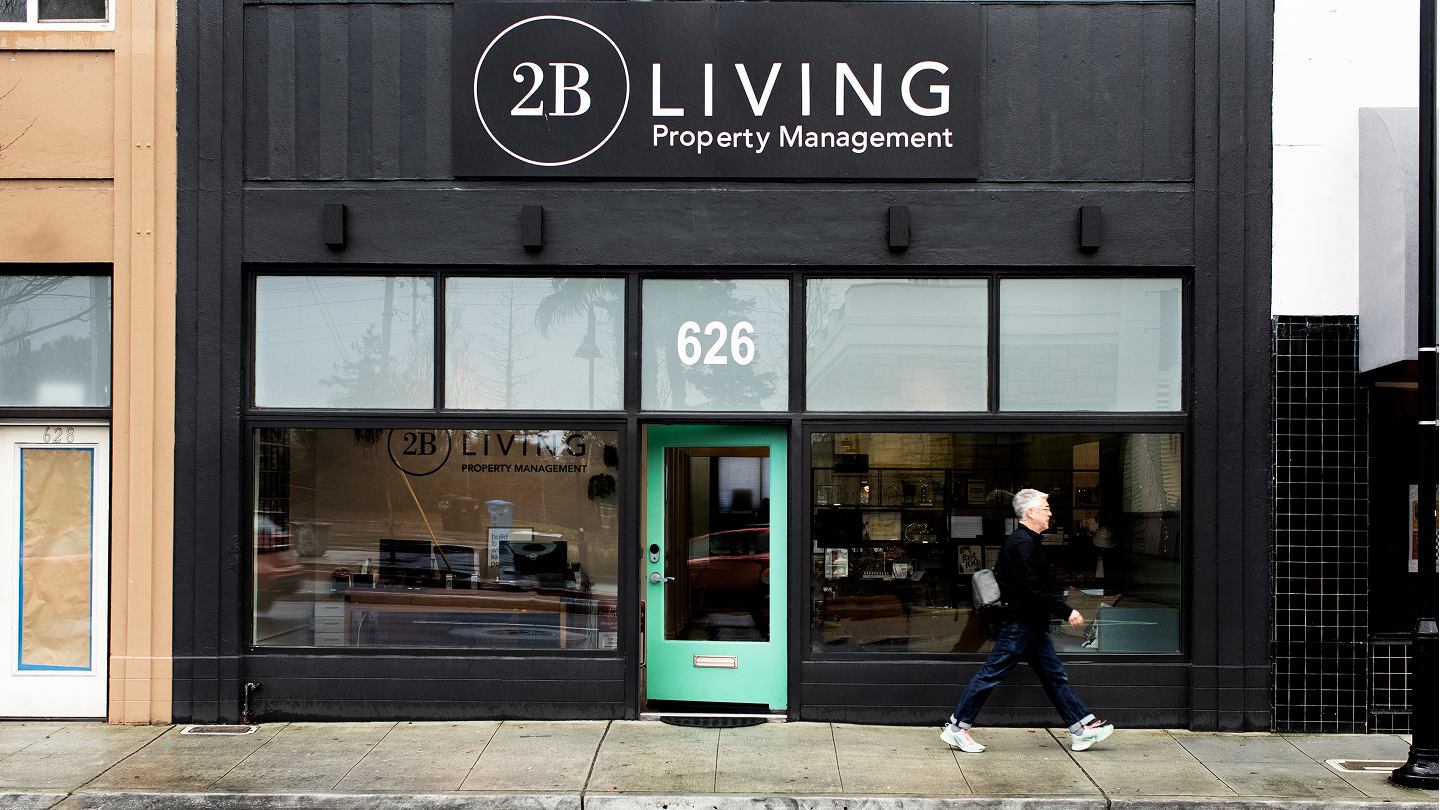Published on April 4th, 2022
By Paul Bergeron
In March, the U.S. Federal Reserve approved its first interest rate hike in more than three years, “an incremental salvo to address spiraling inflation without torpedoing economic growth,” reported CNBC.
The quarter-point (or 25 basis points) increase brought the rate into a range of 0.25% to 0.5%.
Along with the rate hikes, the committee also penciled in increases at each of the six remaining meetings this year, pointing to a consensus funds rate of 1.9% by year’s end. That is a full percentage point higher than indicated in December. The committee sees three more hikes in 2023, and none the following year. Market analysts in late March suggested that the next few rate hikes would be for 50 bps. It’s worth noting that the 10-year Treasury Bond yields as of March 28 had doubled since August, contributing to rising home mortgage rates, as well.
The Fed’s action of late in this rising interest rate environment could have a modest effect on apartment investment and performance. Going forward, the industry will be more focused on rising inflation, the cost of capital, asset prices and cap rates, rent growth and investment sentiment.
Given the healthy state of the apartment industry, AppFolio discussed with leading apartment economists and executives what could happen, and potential ramifications.
Underlying Apartment Fundamentals are ‘Best Ever’
Greg Willett, First Vice President, Research Services, Institutional Property Advisors, said the forces spurring the Fed to put upward pressure on interest rates are tied to strong economic growth.
“Elevated inflation is a byproduct of outsized economic growth during a period of product and commodity shortages,” Willett said. “Underlying apartment fundamentals are the best ever, and apartments are uniquely positioned to outperform through a period of elevated inflation as strong demand drivers support absorption.”
Willett said that labor and material shortages together with rising construction costs could curtail new supply risk this year.
“As interest rates rise, it places pressure on underwriting multifamily investments. Apartment cap rates have tightened significantly over the last year. As interest rates put upward pressure on the cost of capital, yield spreads have narrowed. This has the potential to restrain apartment investment activity.”
He said investor sentiment remains high by historical standards, suggesting that transaction activity will likely be substantial, at least through the first half of 2022.
“But investors have signaled increased sensitivity to interest rates,” Willett said. “If the 10-year Treasury pushes into the mid-3% range, many investors suggested that they may pare back their acquisition activity. So, the prospect of rising interest rates could bolster short-term investment activity.”
Asset Prices Will Soon Level Off
Neil Schimmel, CEO, Investors Management Group, said that rising interest rates point to a mixed forecast for apartment investors.
“To begin, asset prices should level off in the near term, as cap rates have historically moved with interest rates. Debt service will clearly become more expensive and eat into cash flows.
“But we need to appreciate the recent explosion in rent growth. The picture has been especially rosy across the Sun Belt states as renters move to more affordably priced markets. Vacancies have reached historic lows across our portfolio. Nationally, demand has pushed rent growth into double-digit rates – and housing cost is the single largest factor in the CPI inflation measure.
“Apartment owners who have benefited from inflated incomes since early 2021 now face the realities of Fed policy to cool inflation down.”
Property Investment As a ‘Safe Haven’
Jay Maddox, Principal, Capital Markets, Avison Young, said the recent spike in interest rates has not quelled the overwhelming investor and lender demand for multifamily properties, particularly in markets where rent growth continues to accelerate.
“So long as investors continue to factor anticipated rapid rent growth into their projections, we don’t expect to see much upward pressure on cap rates. If the inflationary environment persists then we can expect to see some leveling off in valuations.
“However, a downturn in the multifamily sector seems very unlikely given the overall strong investor demand, need for housing, and the perception that property investment is a safe haven from the volatility of the capital markets.”
A Healthy Lag Before Rates Factor In
Eli Randel, Chief Strategy Officer, CREXi, said the Fed’s interest rate increases that are meant to battle inflation and cool a bubbly economy could result in a tapering of rental rate (and operating expense) growth, but it’s probable there will be a healthy lag before the hikes achieve their desired effect on inflation.”
Randel said that more likely, “NOIs will continue to grow in the near-term especially given relative supply constraints before any potential tapering. However, increased interest rates will bring increased costs of capital and expanded cap rates which will eventually soften asset values around the edges. That said, we believe NOI growth, pent-up pools of capital competing for investment, and the attractiveness of commercial real estate during a flight to quality and safety will keep values high and responsively leveraged.”
Technology Can Help Counter the Margin Squeeze
Leaning into technology that optimizes a property’s income statement can be a powerful way to boost NOI. For example, technology that expedites unit turn translates into less time that units don’t produce, or technology that tracks leasing metrics and insights can help eliminate non-performing marketing channels.
In the labor environment of today, where staffing and retaining property management talent is a top challenge, tools that help existing property management teams be more productive can help counter cap rate compression. According to Tommy Lawing Jr., President, T.R. Lawing Realty:
“I no longer need the rookie. I don’t need somebody to fold the letters and stick it in the envelope. I can focus on higher quality staff because they’re leasing, processing applications, doing the stuff that makes us money versus just picking up phone calls and spending time with a hundred prospects that may result in two applications.”
You can check out T.R. Lawing Realty’s Customer Story here, and for more insights that can help you turn staffing challenges into opportunities, be sure to save your space for AppFolio Wave Summit 2022. It’s 100% free and 100% virtual, so you can bring your entire team. We hope to see you there!









Comments by Paul Bergeron